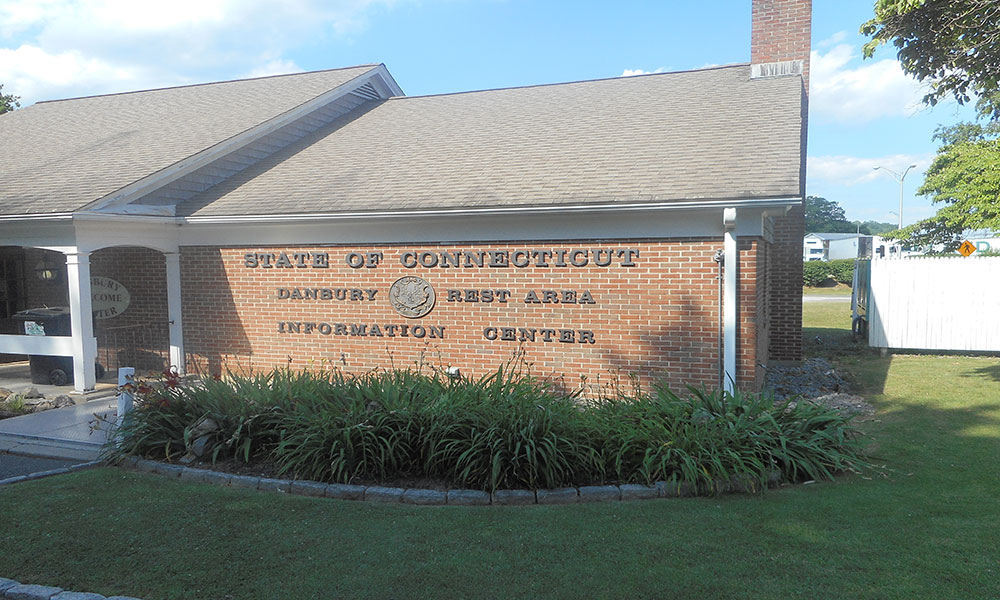legislature appropriations committee in an effort to secure more funding to hire additional medical examiners to perform autopsies and toxicology tests. He noted that fentanyl may soon replace heroin as the main substance in overdose deaths in the state.
Those who showed support for Murphy during the town meeting included Mayor Mark Boughton and Commissioner Miriam Delphin-Rittmon of the Connecticut Department of Mental Health and Addiction Services (DMHAS).
DMHAS funded the 2018 Connecticut Law Enforcement Conference to Address Opioid Misuse earlier this month to address developing prevention programs and ties with community agencies to increase addiction treatment options in the state. The event included discussions about efforts being implemented by the state’s branch of the Heroin Response Strategy with local health services and nonprofit organizations. One of the conference’s presentations suggested methods in which law enforcement and healthcare officials can use data from the 1990s HIV/AIDS epidemic to determine prevention and treatment trends that could be revamped to address the current opioid crisis.
Murphy said he is confident that state and national policymakers are becoming aware of the gravity of the opioid epidemic. He added that the emergency money provided in the national budget to increase addiction treatment resources reflects that realization.
















